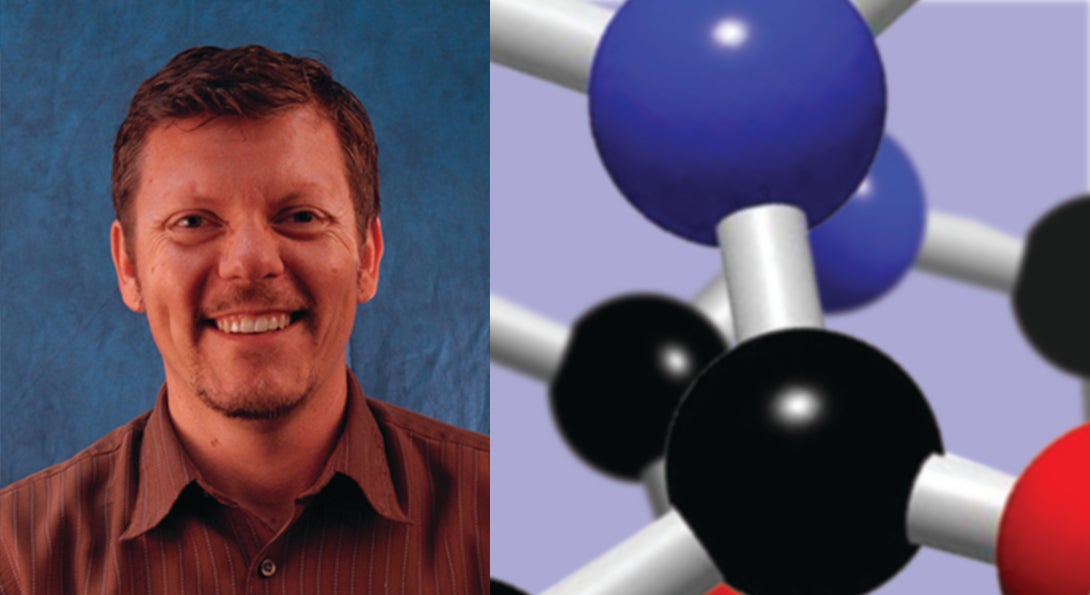Mike Stieff – Spatial Skills in STEM Fields

Introduction
LSRI Co-Director Mike Stieff recently received some press from the Psychonomic Society regarding a new article he co-authored about the role spatial skills play in the success of science, technology, engineering, and math (STEM) fields.
With lead author Kinnari Atit (University of California - Riverside), and David Uttal (Northwestern University), Stieff argues in Situating space: using a discipline-focused lens to examine spatial thinking skills that psychologists should team with STEM experts to enhance the understanding of spatial thinking, the skill that enables us to manipulate, organize, reason about, and make sense of spatial relationships in real and imagined spaces. For example, petroleum geologists use spatial skills when deciding on the location for a new oil well, interpreting the shapes and locations of underground three-dimensional geologic structures from two-dimensional seismic data.
Published in Cognitive Research: Principles and Implications, the paper highlights critical lessons learned from research in three STEM fields: structural geology, surgery, and organic chemistry. The application of spatial reasoning in chemistry, Stieff’s forte, is a unique challenge because individual molecules are not directly visible. Chemists must use 2D representations of the compounds to understand how they interact, and they must be able to translate between multiple forms of representations.
Spatial skills used in STEM fields are more complex than those typically used by psychologists to measure spatial ability, and the authors suggest that we need to expand our thinking on what spatial skills are in order to determine how best to develop the skills students need for STEM success.